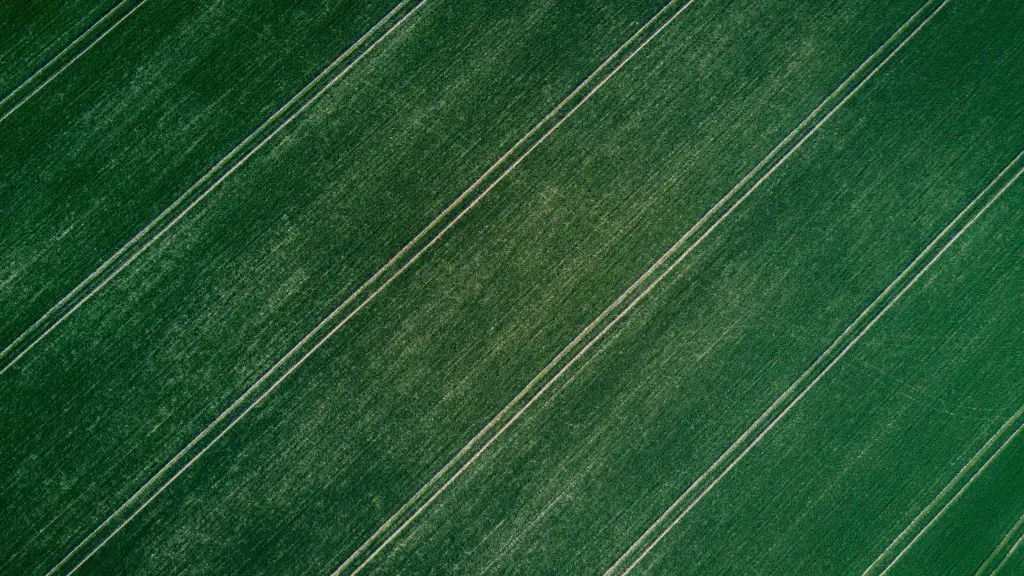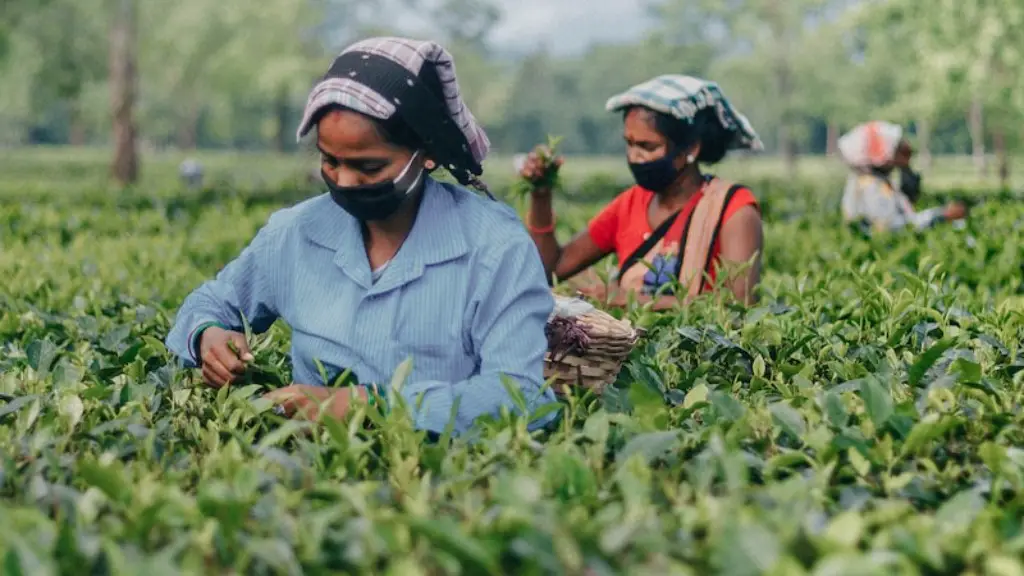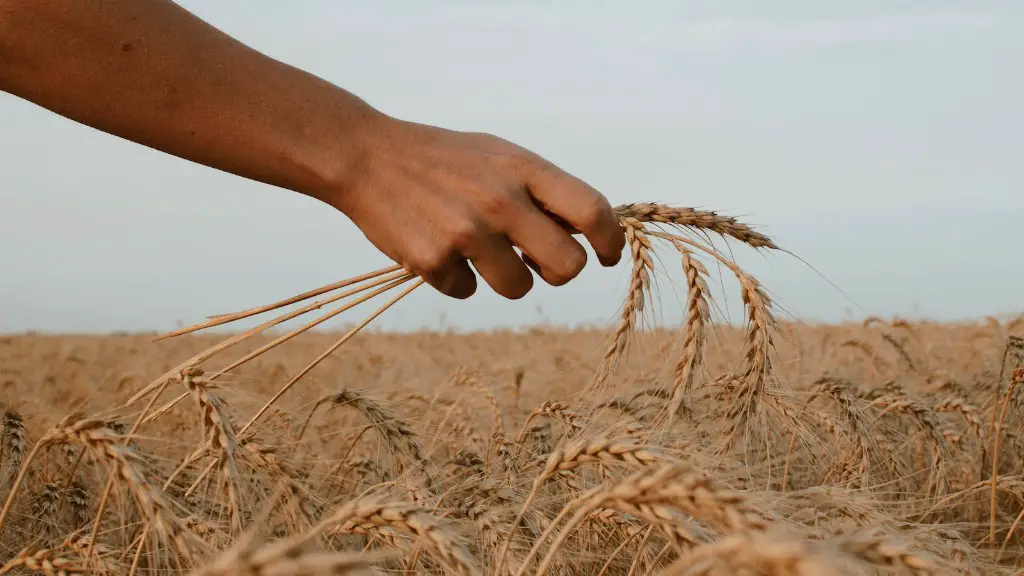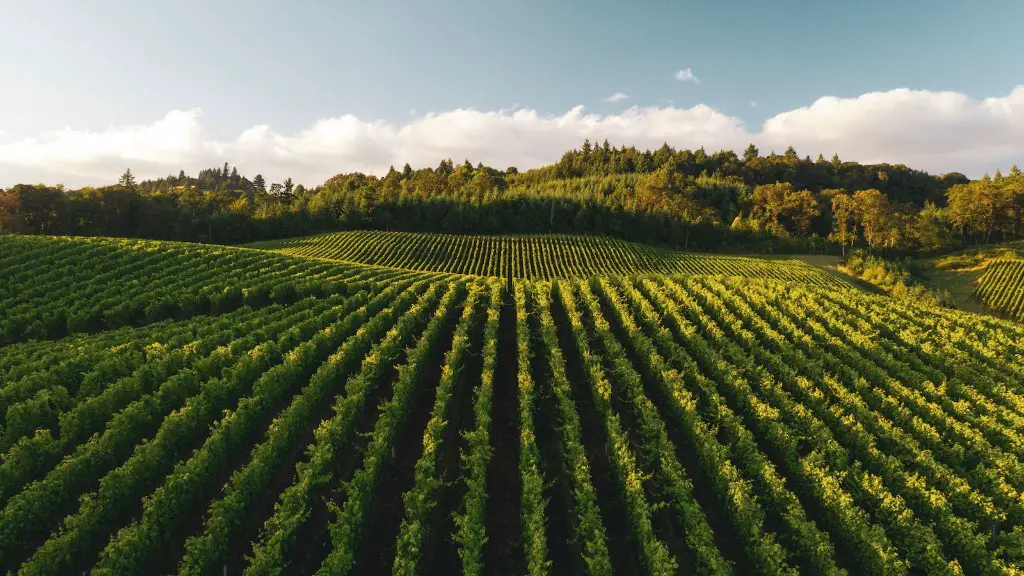Agricultural tax exemption is a government policy in some countries that exempts agricultural land from taxation. The rationale for this policy is that agriculture is a vital sector of the economy and, therefore, tax relief will lead to greater agricultural production. There are a number of ways in which agricultural tax exemption can be implemented, and the specific details vary from country to country. In general, however, the policy results in lower taxes for farmers and other agricultural land owners. This, in turn, can lead to increased production and employment in the agricultural sector, as well as other benefits for the economy as a whole.
There is no universal answer to this question as tax laws vary from country to country. However, in general, agricultural tax exemption may be available for farming operations that meet certain criteria, such as being considered a small farm or having a low income. To learn more about the specific requirements in your country, contact your local tax authority.
How many acres do you need to qualify for ag exemption in Texas?
To be eligible for an agricultural exemption, you will need to have at least 10 acres of qualified agricultural land. However, requirements may vary depending on the county you are in. It is best to check with your county to verify the requirements.
To claim a tax exemption on qualifying items, you must apply for an agricultural and timber registration number (Ag/Timber Number) from the Comptroller. You must include the Ag/Timber Number on the agricultural exemption certificate (PDF) or the timber exemption certificate (PDF) when buying qualifying items.
What qualifies as a farm to the IRS
A farm is a piece of land used to cultivate crops or rear animals for commercial purposes. Farms are typically large pieces of land that are divided into smaller plots, each of which is used to grow a specific type of crop or to raise a particular type of animal.
Farms can be divided into two broad categories: livestock farms and crop farms. Livestock farms include dairy farms, poultry farms, and fish farms, while crop farms grow fruits, vegetables, and grains. There are also specialized farms, such as tree farms and greenhouse farms.
In addition to the type of farm, farms can also be classified by their size. Small farms are typically less than 100 acres, while large farms can be thousands of acres.
The 10-acre requirement for non-timberland agricultural real property is a minimum size requirement imposed by the Internal Revenue Service (IRS). This requirement ensures that the agricultural real property qualifies for certain tax benefits. The 10-acre requirement is not a requirement for all agricultural real property, but only for those tracts that are owned in combination with other non-timberland tracts.
How many animals are required for ag exemption in Texas?
The minimum requirement for grazing stock is 4 animal units. This means that you need at least 4 animals grazing in order to maintain the health of your pasture. If you have less than 4 animals, the pasture will not be able to provide enough food and the animals will begin to starve.
Stocking rates in Texas vary depending on the area of the state. In the eastern portion of the state, stocking rates are as high as 1 cow per acre. However, in the Trans Pecos Region, stocking rates are as low as 1 cow per 150 acres. This is due to the fact that the Trans Pecos Region is much drier and has less grassland than the eastern portion of the state.
How much do you save with ag exemption in Texas?
The ag exemption allows landowners to save on their taxes by exempting their land from property taxes if it is used for agricultural purposes. This can be a significant savings for landowners, especially if their land is valuable.
Chickens do qualify for the Texas Ag exemption, but there are some important guidelines that must be met in order to qualify. If you are a large-scale farmer who raises and sells chickens (or their eggs) for profit, you should research Ag exemption and find out whether you qualify. Generally, you will need to show that your chicken operation is conducted in a bona fide agricultural manner and that it contributes significantly to the state’s agricultural production. Additionally, your chickens must be healthy and well-cared-for, and you must follow all applicable laws and regulations.
What is the deadline for ag exemption in Texas
If you are applying for agricultural valuation, the deadline is April 30th of the year. If you miss the deadline, you may file a late application any time before the appraisal review board approves the appraisal records (usually in July).
The tax benefits of turning your hobby into a business can be significant. You can deduct your farm-related expenses, even if they go above your farm income. So if your farm operates at a loss, that loss can be used to offset your tax burden on your overall income. Additionally, you may be eligible for certain tax credits, such as the earned income tax credit, if your farm business is your primary source of income.
What is the 5 year loss rule farmers?
It is interesting to note that farming has its own set of “hobby farming rules” which state that a profit must be made every six years. This is known as the “five-year rule” in that there can be five years of losses but there must be a profit in the sixth year. It is important to remember these rules when engaging in hobby farming so that you do not end up in a loss-making situation.
The State of California offers property tax breaks for agricultural land. Specifically, farmers are able to take 20 to 75 percent off their property tax bill if they agree not to develop their land for ten years. This program is meant to incentivize farmers to keep their land undeveloped and maintain open space.
What qualifies as a farm in SC
This is a great way to get agricultural real property for your farm! If you have 50% or more of your land being used for agricultural purposes, your entire tract will qualify for the agricultural real property designation. This can save you a lot of money on your property taxes!
If you are seeking a Special Farm Truck License in South Carolina, you will need to complete Form 4042 and submit it along with a copy of your current registration or an application for title and registration. If the vehicle has not been registered in SC, a $1500 title fee will be due, plus any applicable sales tax and/or late registration fee which may be due.
How many acres Can a person own?
The amendment to the Land Ceiling Act in Rajasthan has made it so that a person or family of four is entitled to 108 acres, while a larger family is entitled to 216 acres. This is higher than what is allotted in Kerala (42 acres), Tamil Nadu (60), and Andhra Pradesh (54). The amendment was made in order to allow families to have more land to live on and to cultivate, which will in turn help to improve their standard of living.
The requirement for acreage to qualify beekeeping as an agriculture use in the state of Texas is 5 acres minimum and 20 acres maximum.
Warp Up
The process for claiming an agricultural tax exemption varies by state, but generally involves filling out a form and providing proof of agricultural activity. Some states require that the land be used for commercial purposes, while others allow hobby farms to qualify.
In order to qualify for an agriculture tax exemption, farmers must submit an application to their local government office. The application must include proof of farming activities, such as a business license, farm tax records, or insurance policy. If approved, the farmer will be exempt from paying property taxes on their agricultural land.





